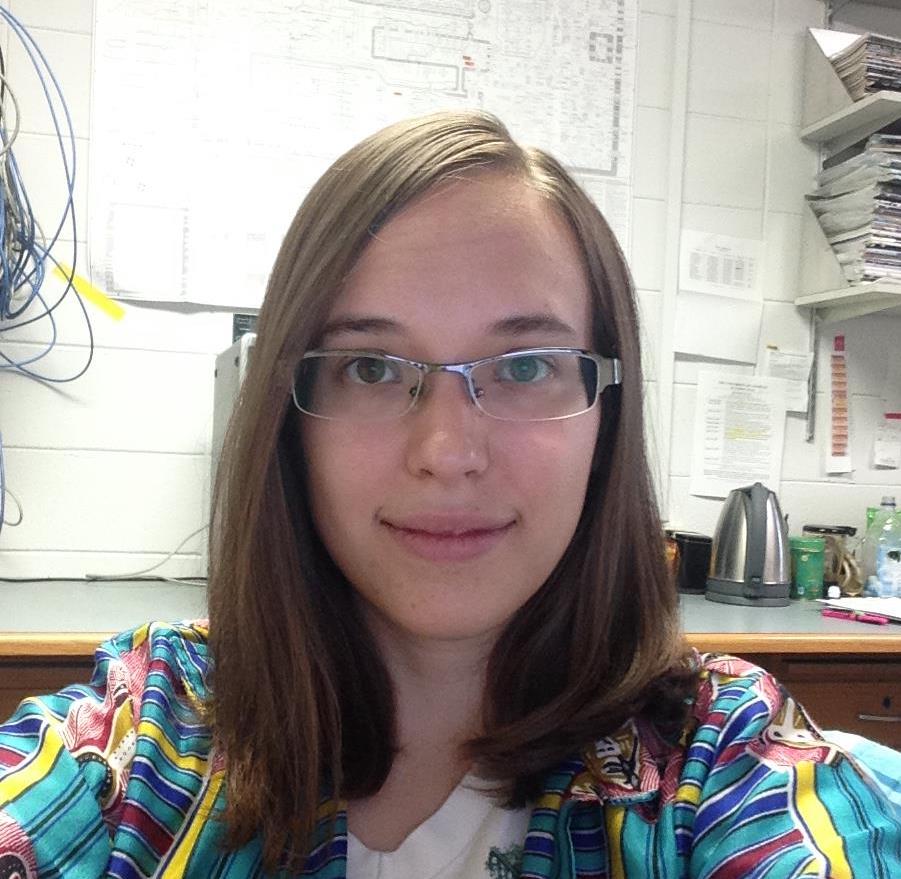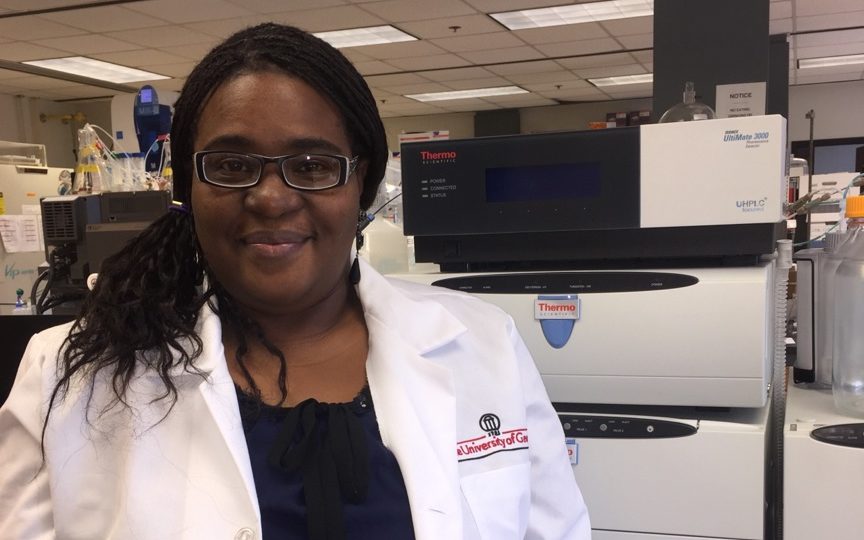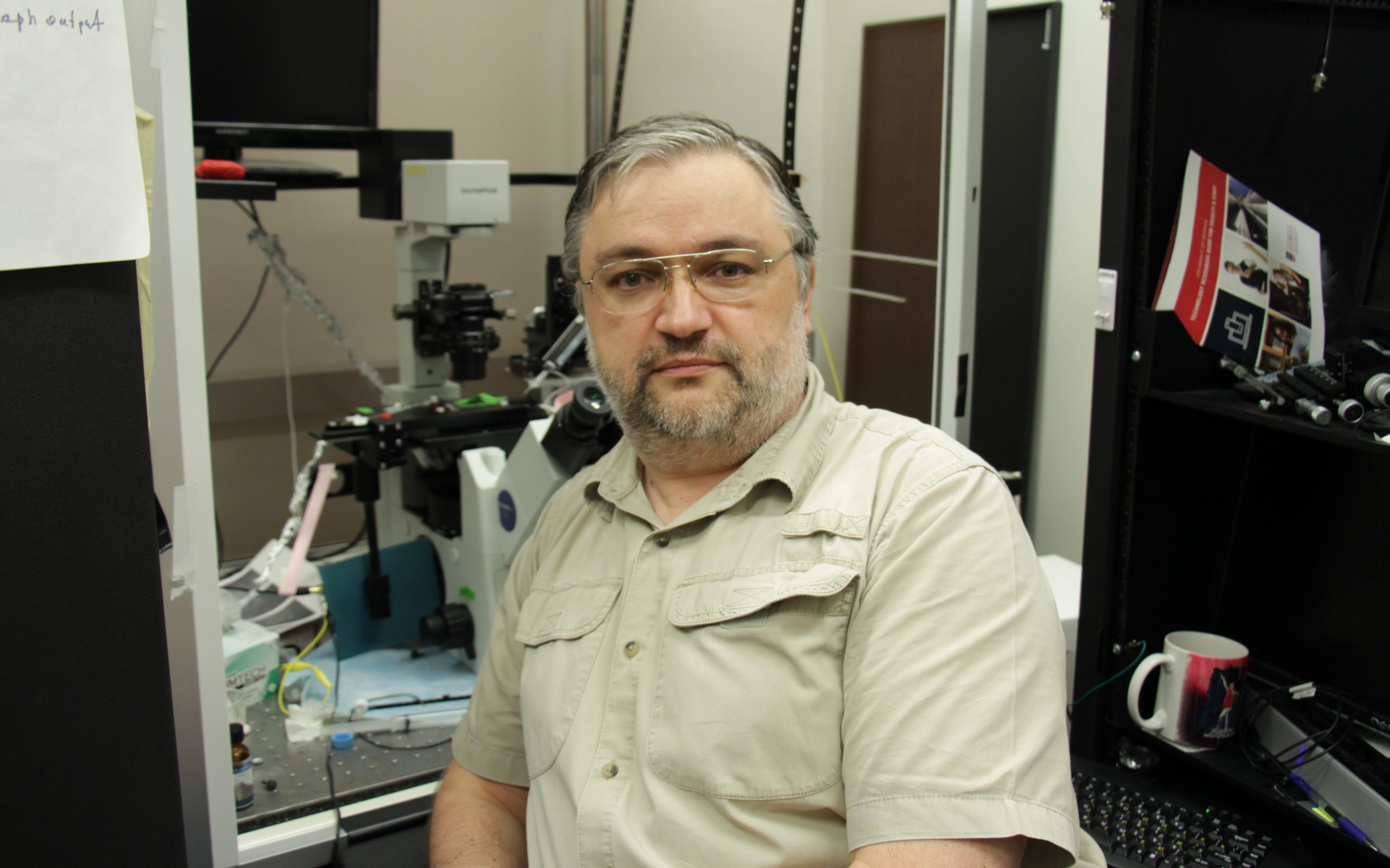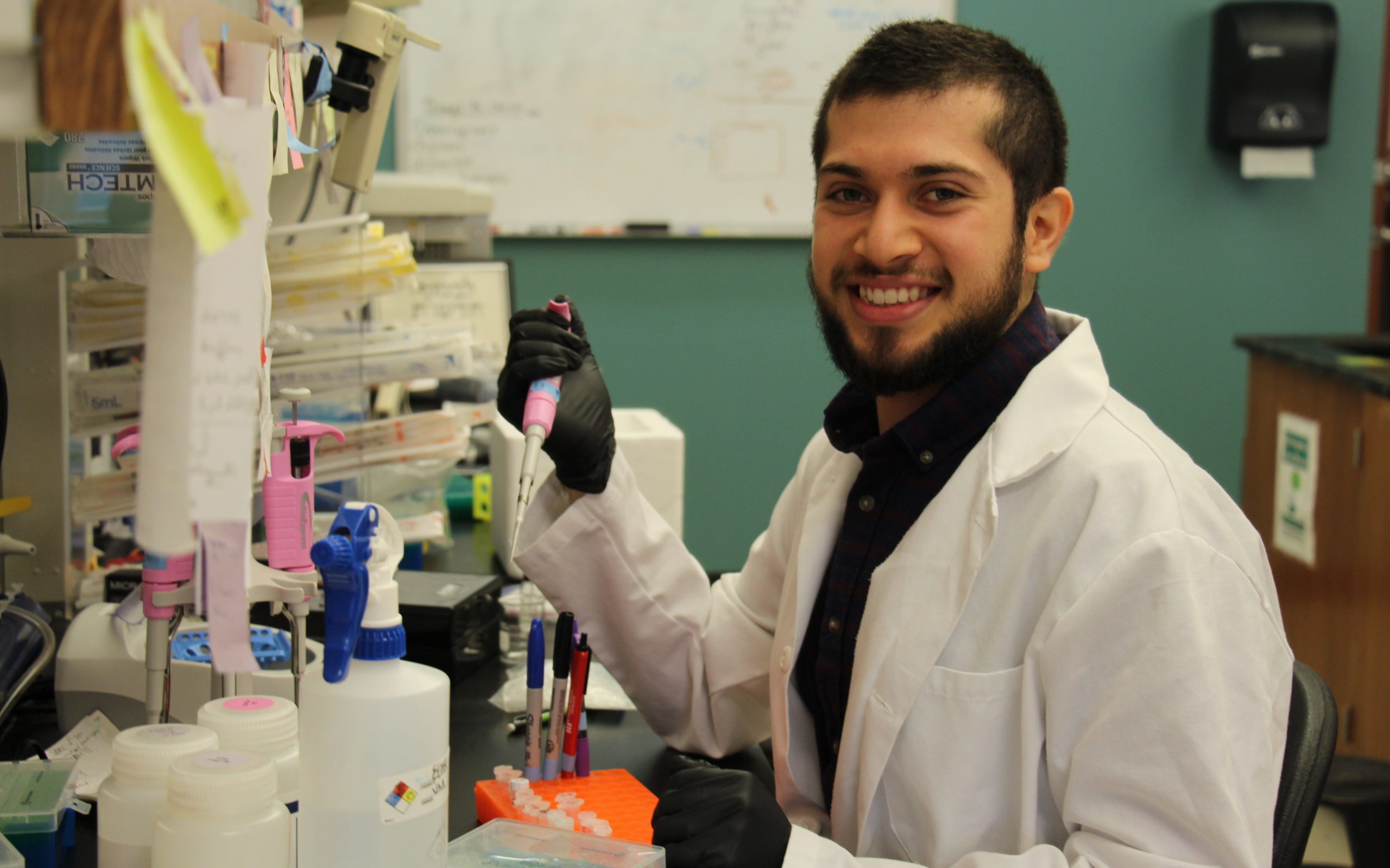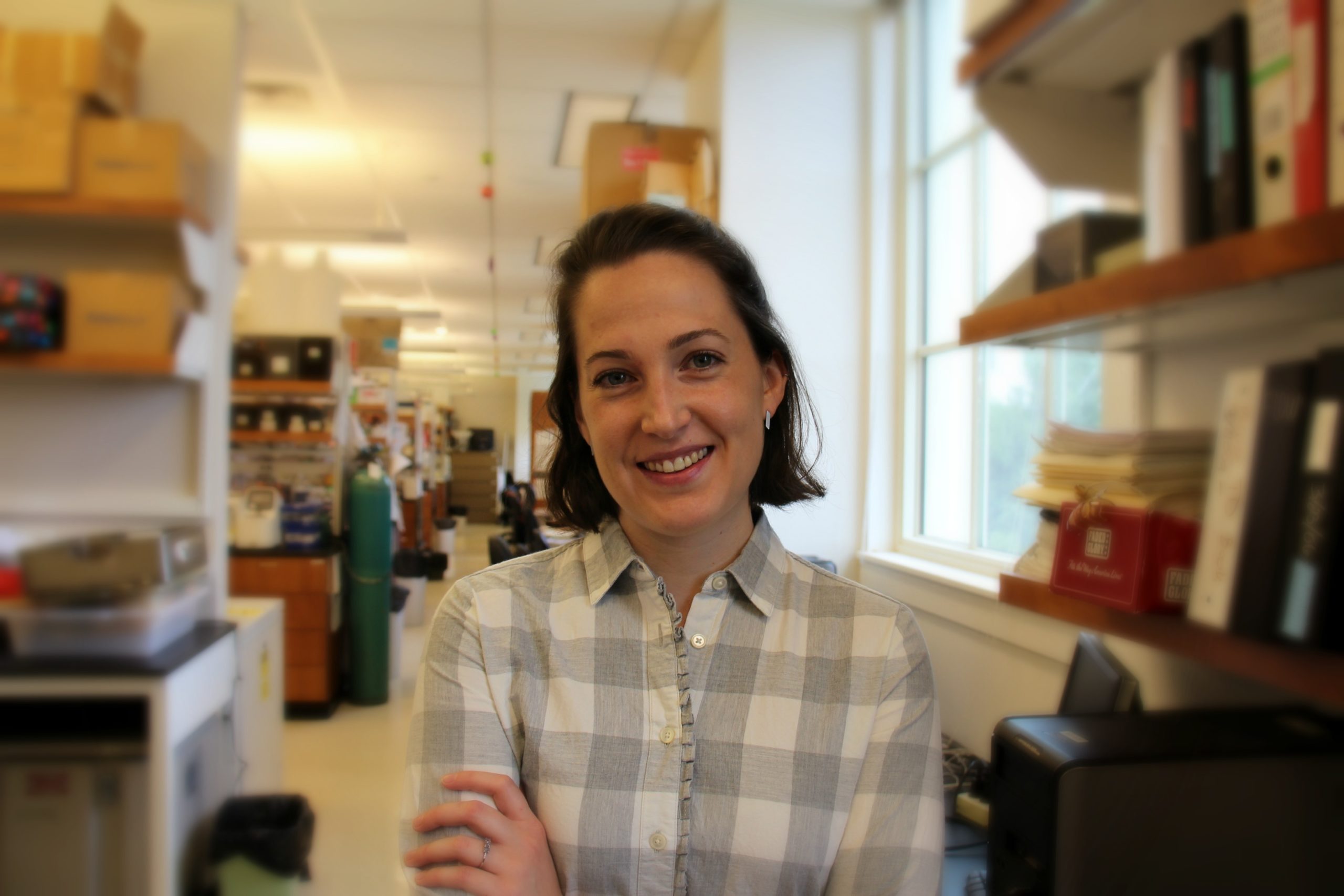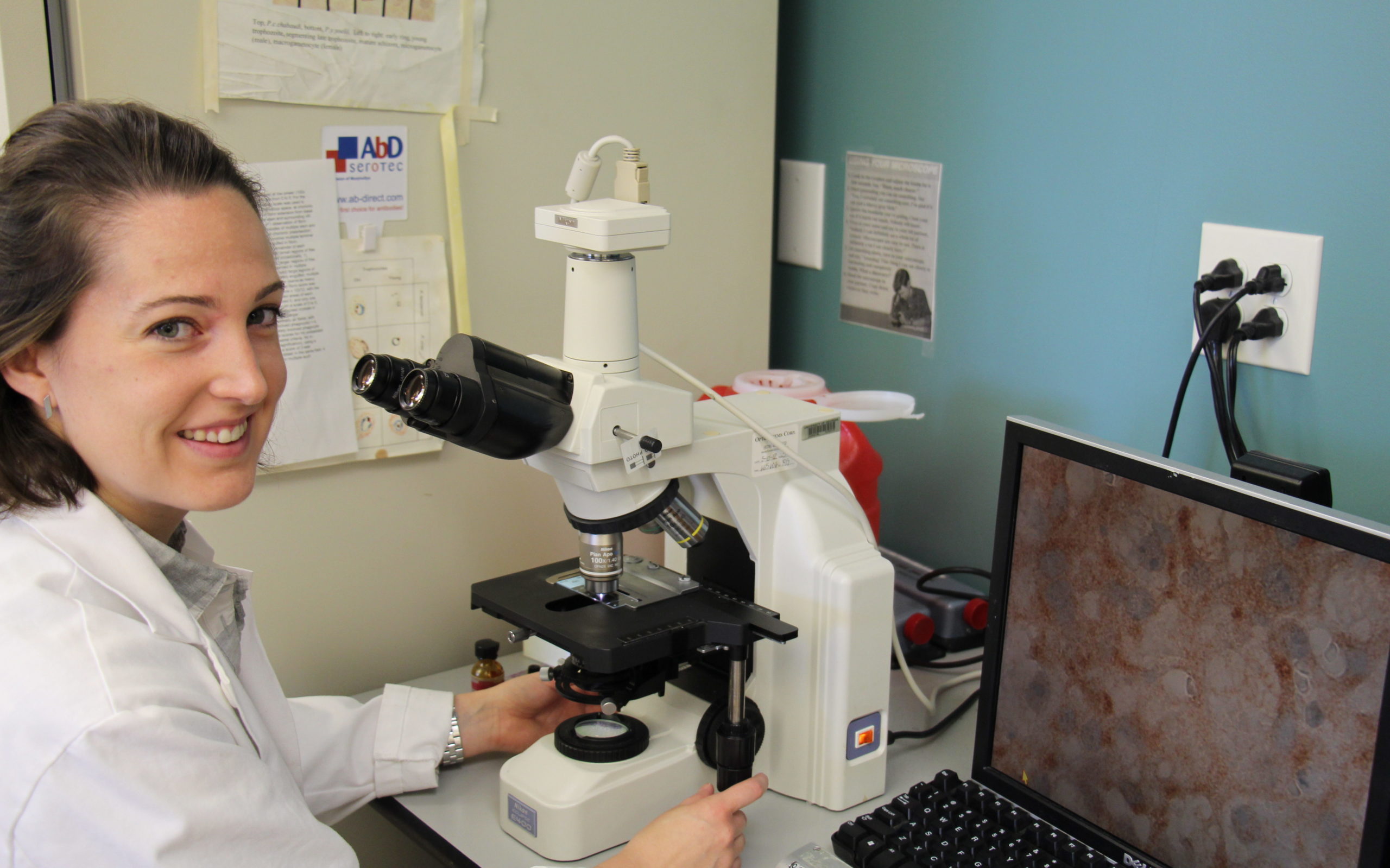Trainee Spotlight: Ruby Harrison
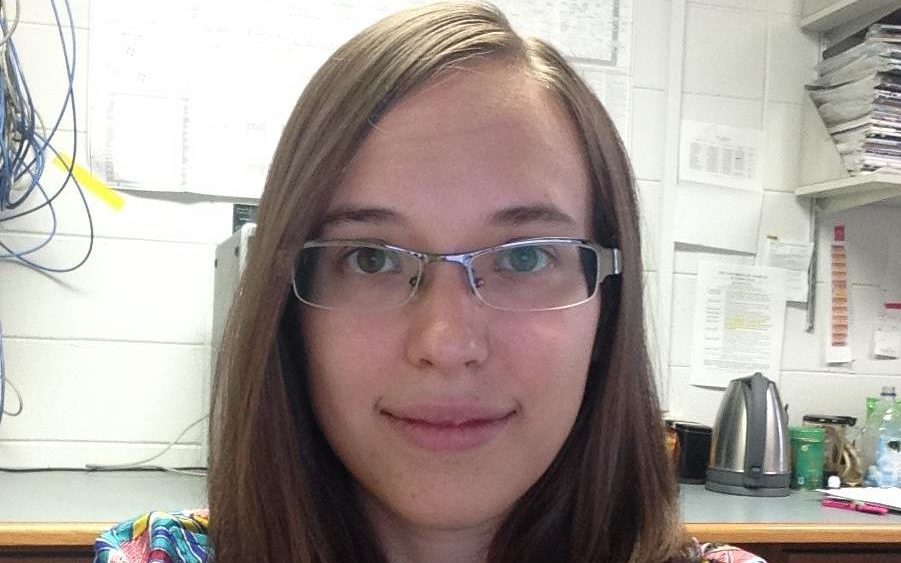
NIH T32 trainee Ruby Harrison is a co-advised by Drs. Michael Strand and Mark Brown in the UGA Department of Entomology. She received a Bachelor’s of Science in Entomology from the University of Wisconsin-Madison in 2012 and lived in Madison an additional two years working with mosquitoes as a research assistant. Before coming to UGA to begin my doctoral studies, she spent a year in Gabon, Africa, working as a tropical ecology field technician.
Ruby’s research focus
Ruby studies mosquito-microbiome interactions. Currently, she is investigating the influence of the gut microbiome on mosquito reproductive processes. She also plans to begin exploring the role of the mosquito microbiome in deterring pathogen infection in the very near future.
“I chose this research focus because I was inspired by the research of a former graduate student of Dr. Strand’s, Dr. Kerri Coon. Kerri pioneered fascinating work on the influence of the microbiota on development in mosquitoes in the immature (larval) stage,” said Ruby. “I saw an opportunity to extend her work, to observe if the same bacterial signal essential to larval development is recapitulated in any way in the adult stage.”
More broadly, she sees insect-microbe interactions as a promising field which may offer new solutions for mosquito population control and reduction of pathogen transmission.
NIH T32 Fellowship helps trainees achieve their goals
Ultimately, Ruby hopes to build a career as a vector biologist. For the capstone experience provided by the NIH T32 Training Grant, she is interested in returning to francophone West or Central Africa to work with mosquitoes in the field.
“I am truly grateful to receive the T32 pre-doctoral training fellowship, which presents me the opportunity to interact more closely with the CTEGD, opens doors for possible collaboration, and will help me to pursue my research goals,” said Ruby.

